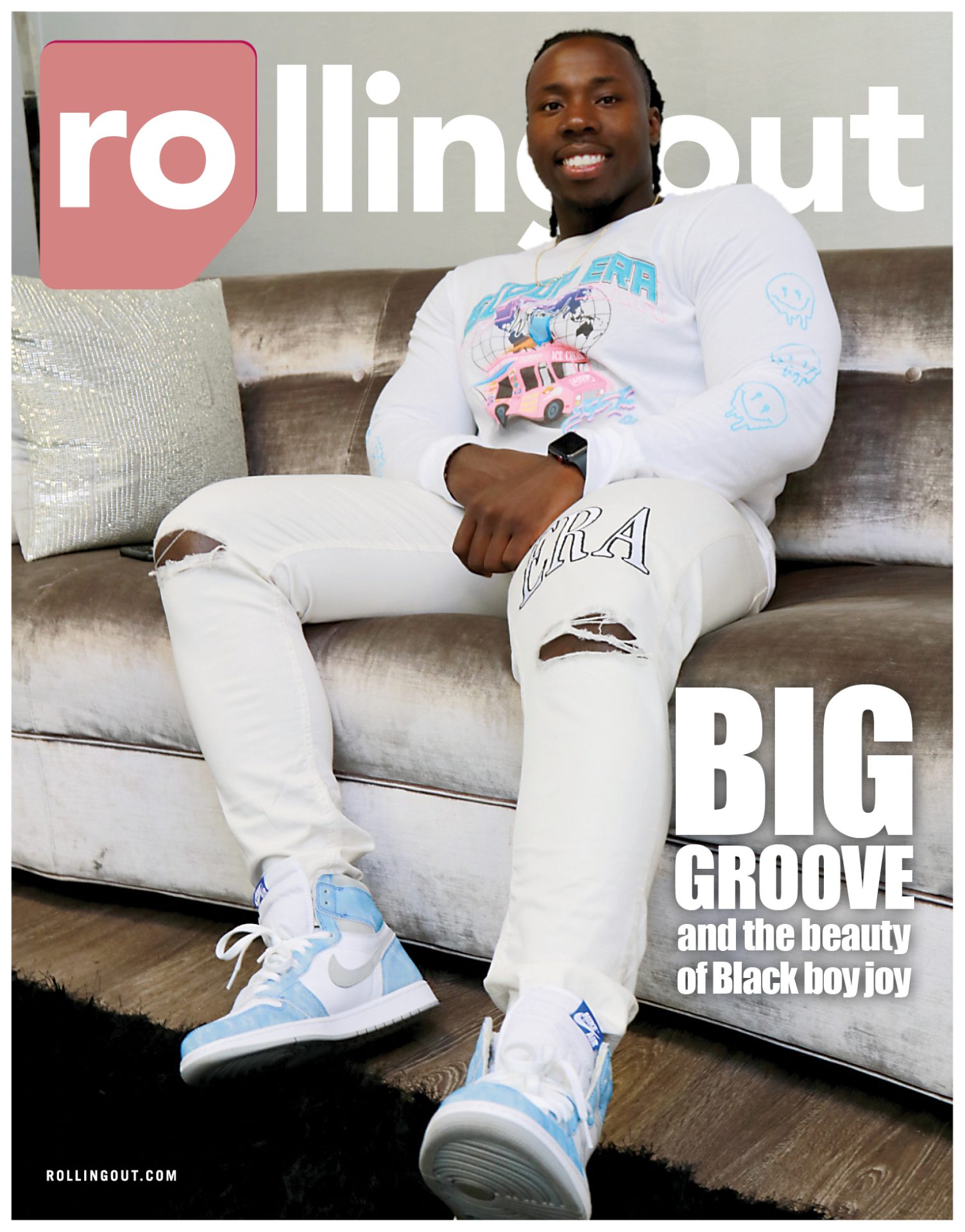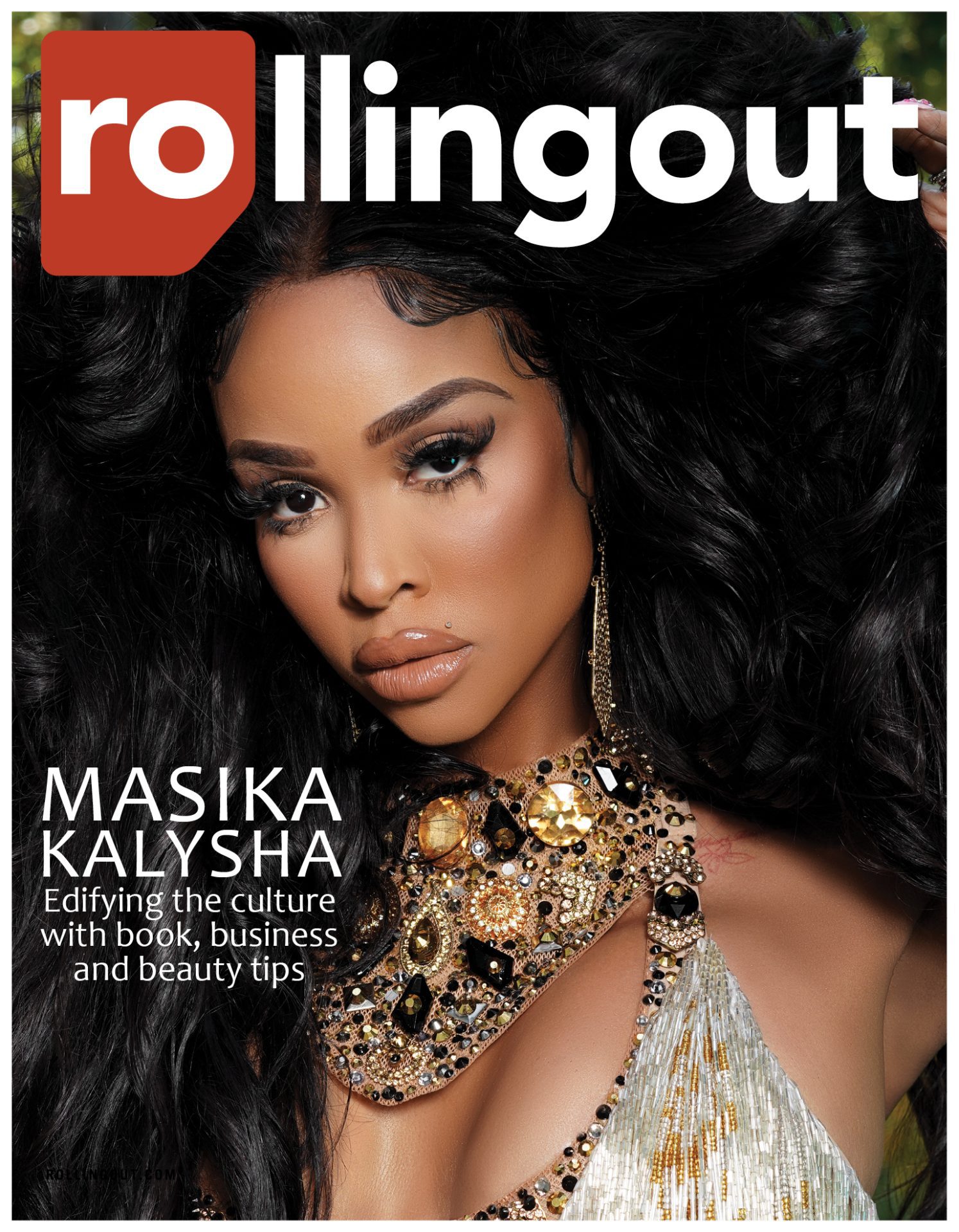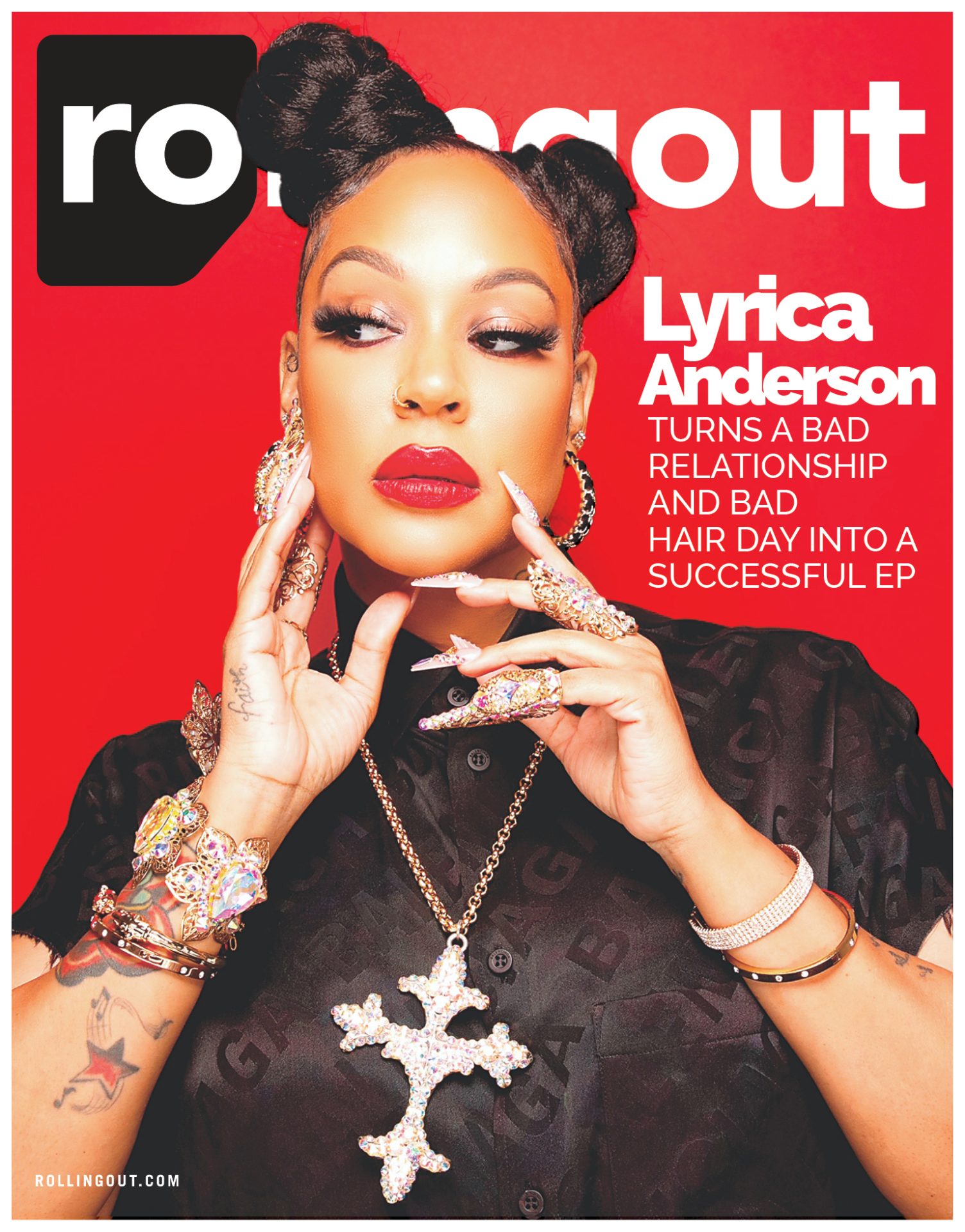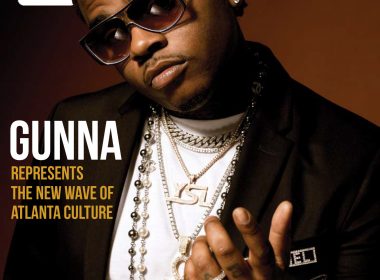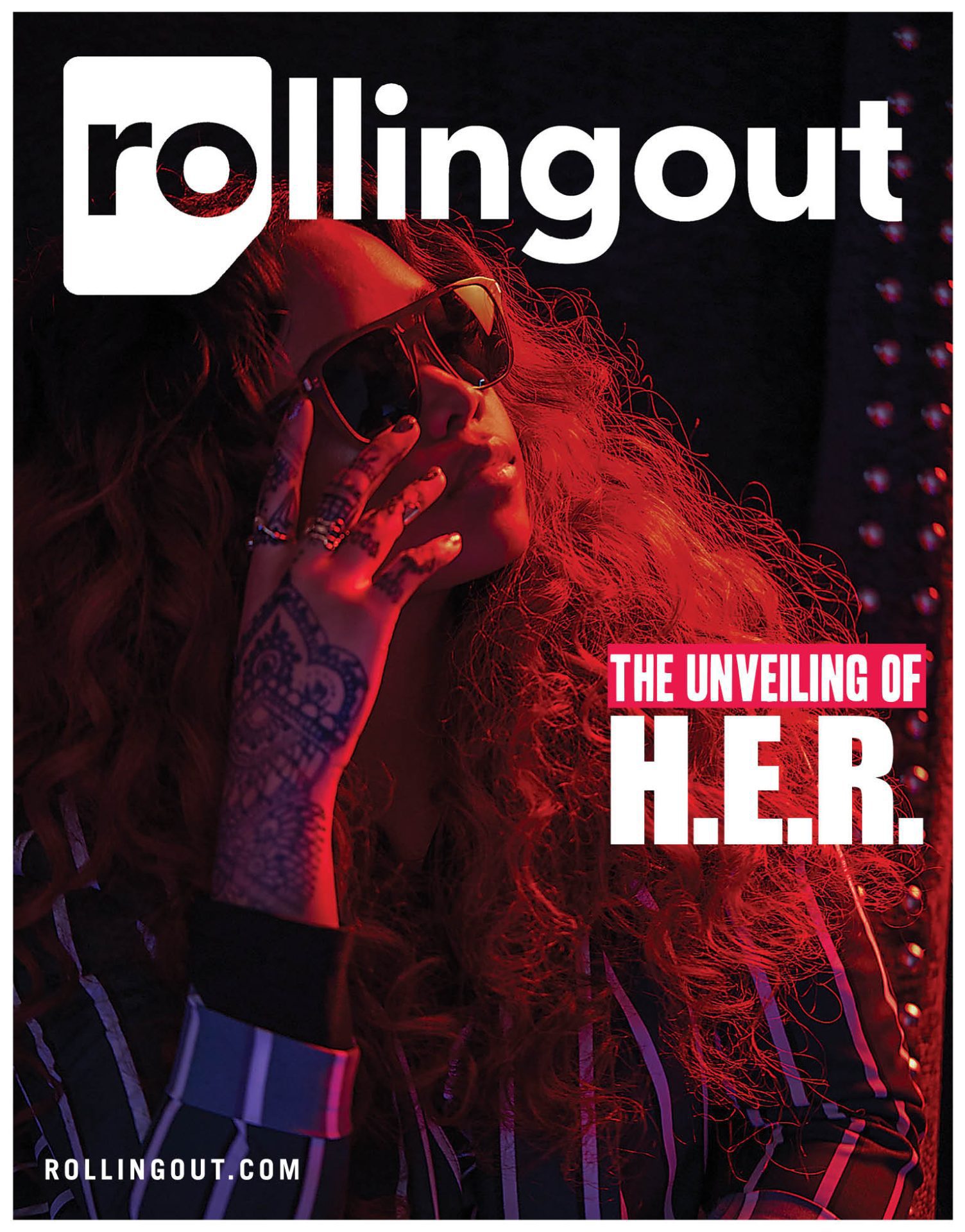
On a muggy summer night in Atlanta, two young women in their early 20s are chatting about what they’ve just witnessed. The music has stopped and the lights at Aaron’s Amphitheater have been turned up as a subtle nudge for attendees to exit the venue. But the two young women aren’t ready to leave just yet. They are debating the performances at the “One Hell of a Nite Tour,” which featured acts such as Teyanna Taylor, Omarion, Migos, Kid Ink, Fetty Wap and Chris Brown. “You would have thought that Chris Brown had jumped on stage,” one girl says referring to the vigorous reaction Fetty Wap received from the crowd.
The night belonged to Chris Brown, but in only 15 minutes, Fetty Wap may have stolen the show. Fans sang, yelled, and screamed every word as he performed his hits “Trap Queen” and “My Way.” It was a testament to the sensational summer that Fetty experienced by being the first artist to simultaneously chart his first four singles in the top 10 of Billboard’s Hot Rap charts.
Indeed, he has come a long way from the trap.
Just 24 months ago, Fetty could never have imagined his life as he sees it today. Back then, he was still on the streets of Paterson, New Jersey. It’s a place where those who were raised in poverty are most likely to remain in poverty. Over 30 percent of the residents in Paterson are living below the poverty line and the unemployment rate is double that of the national average. It continues to be one of the most segregated cities in the Northeast. For young Black males without a high school or college education, the choices are nearly nonexistent. Crime becomes a repercussion of poverty, and jail or death is often the closest destination. Fortunately, Fetty found salvation in music.
Gucci Mane served as an early influence and the summers he spent in Georgia with family members played a major role in his Southern-based sound. So after realizing the severe limitations of life on the streets of Paterson, Fetty, 25, began recording songs just two years ago.
The drug dealer-turned-rapper cliche is nearly as old as the genre itself. But certain stories about life in a drug zone resonate better than others. Fetty broke through with a twisted love story that details the relationship between a drug dealer and his woman who may be loyal to a fault. If “Empire’s” Cookie Lyon had a theme song, it would come in the form of “Trap Queen.”
“Whether you’re in a trap or not, everyone wants that girl who is always loyal,” Fetty said during our recent interview. “I was speaking of a situation that I was going through at the time and [my girl] really had my back when I was out there [in the streets]. It was a real nice situation. I made it into a song and then added a melody to it. Now the world is in love with ‘Trap Queen.’ ”
Fetty admits that his 4-year-old son was the first person to fall in love with the song more than one year ago. The preschooler couldn’t fully comprehend the lyrics, but he would dance around his home and smile whenever the song was played. Bobby Shmurda was likely the first celebrity co-signer by posting the song on his Instagram in October 2014. During NBA All-Star Weekend in February 2014, Kanye West allowed Fetty to perform it at the Roc City Classic in New York. And in early August, Taylor Swift served as Fetty’s “Trap Queen” for a night by doing a duet with him during her tour stop in Seattle. Drake and Rihanna are other celebrities who have shown support for the young artist.
“I just feel like I’m doing what I’m supposed to be doing,” Fetty said. “It feels good to get attention from people who don’t need attention. It really means a lot. I think I’m doing a good job with being a new artist because the artists who don’t need to work with me are still calling to record. I’ll always appreciate people who are trying to help me. Even when it’s not genuine, I still thank them.”
But as Fetty Wap’s star power grows, so does the mainstreaming of his content. At times, it may occur without the proper context. Swift singing “Trap Queen” raised Fetty’s profile and introduced the term to a new audience. But there is an underlying tragedy of viewing drug dealing as the only option and being with a woman who is willing to walk the illegal line with the hopes of escaping poverty. The forgotten place that produces “Trap Queen” can’t be summed up in a four-minute song.
“People envision the trap as somewhere to chill,” Fetty says. “Some people have a vision that you have to be in the trap if you want to be a rapper. But my trap now is me performing in front of thousands of people. That’s my new trap. My old trap was standing on the block and it wasn’t a place where you wanted to be. It’s real life for people who don’t have other choices because of the decisions that they made for themselves. It’s not an excuse, but for some people, that’s all they know. That word [trap] is getting thrown around easily. A lot of people don’t really know about the trap and what comes with it.”
Fetty continues to find ways to best deal with life as it comes. His most noticeable feature, a missing eye, was the result of having congenital glaucoma as a child. He decided against wearing a prosthetic eye at 12 years old because he was tired of hiding his imperfection. Fetty used his perceived weakness and turned it into a trademark. He doesn’t consider himself a role model, but his confidence in accepting himself has helped some kids embrace their differences.
“This woman tagged me on Instagram the other day and told me, ‘thank you,’ ” Fetty revealed. “She has a son who wears a prosthetic eye and she was trying to get him to stop wearing it for six years. She showed him an interview I did where I talked about why I didn’t wear my prosthetic eye. The boy decided to stop wearing it and he’s now more confident. He can now be himself.”
Fetty Wap finds himself in an industry where uniqueness is a rarity. Most label executives force artists to follow trends and styles with the hopes of selling more records. But at times, an artist will rise and find ways to set trends while destroying the systematic formula that may have worked just six months prior. With the release of his self-titled album, Fetty will get an opportunity to move beyond the immensity of “Trap Queen.” This is his moment to prove his artistry; this is his moment to take care of his family and two kids; this is his moment to tell his story in its entirety.
“I think this album has a lot of good music on it,” Fetty said. “There is a lot of turn up music. I just like to have fun and I’m not giving people too many sob stories. This is one of those albums where you don’t have to press next on. I want it to have a big impact. In five years, I want people to look back and say that ‘Trap Queen’ was good music, but it wasn’t made by a one-hit wonder. I feel like I’ve done a good job as a new artist by having four songs in the top 10. It feels good to be in a category all by yourself.”
Story by A.R. Shaw
Images by Jay Wiggs

